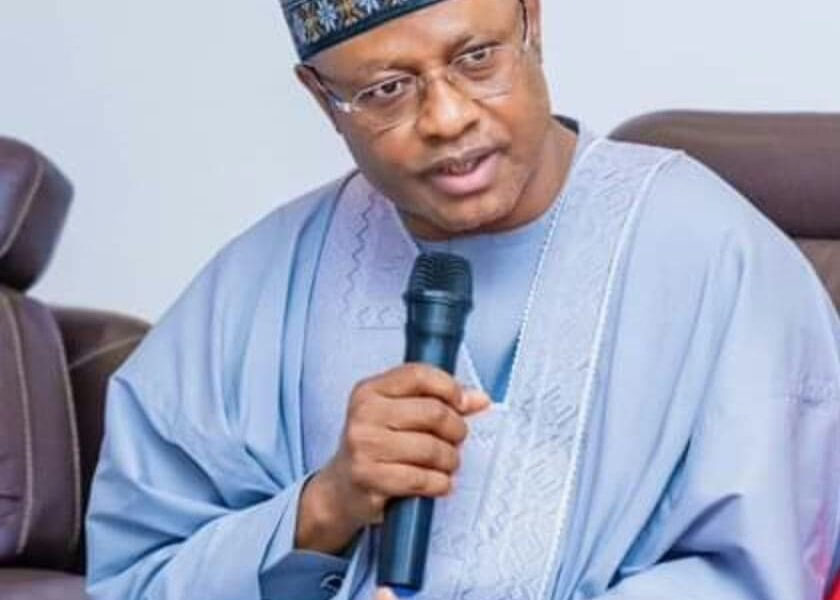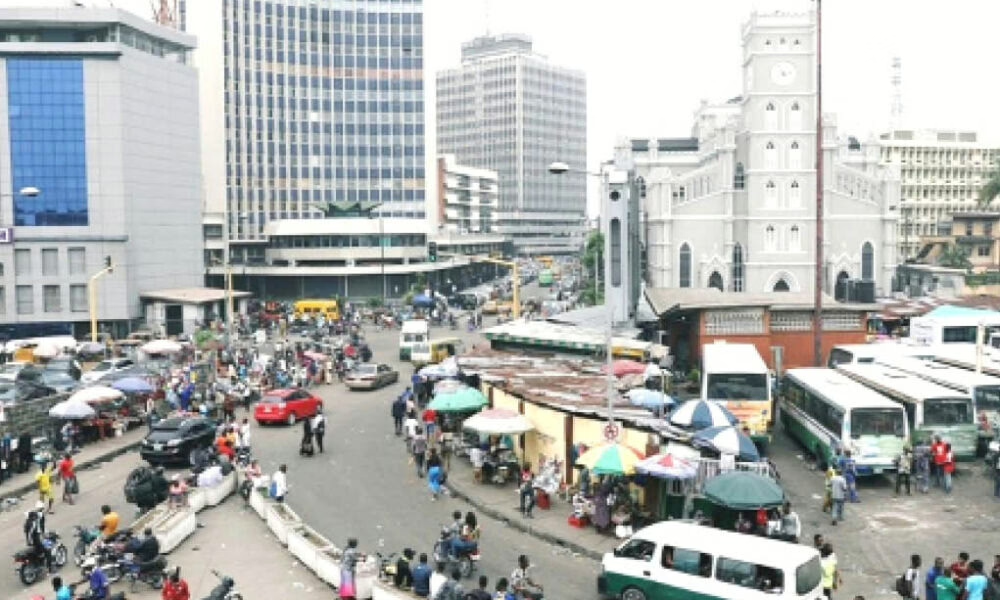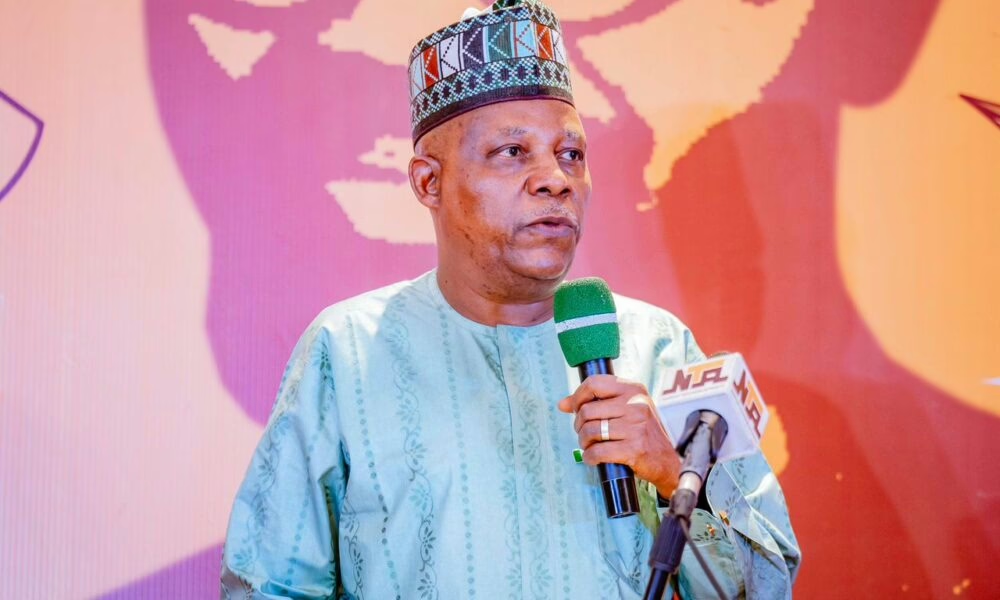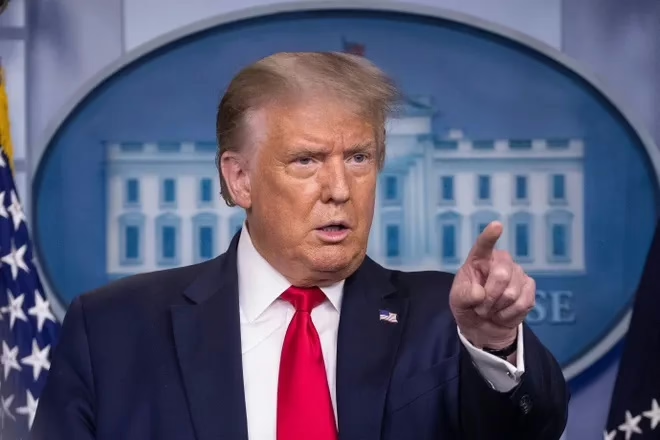Ambassador Godwin A. Onyegbula’s memoir, The Nigerian-Biafran Bureaucrat, is an important addition to the Nigerian Civil War’s burgeoning literature. He was the permanent secretary in the government house, Enugu, before the crisis began. At the onset of the crisis, he became a key player handling more administration duties at the side of the rebel leader, Odumegwu Ojukwu.
When matters got messier for the beleaguered republic and foreign support was badly needed, Ambassador Onyegbula was relocated to the foreign ministry to coordinate affairs.
He was thickly involved in all the attempts to woo other nations to recognise their new republic and the fact that a few nations, mostly in Africa – namely Cote d’Ivoire, Zambia, Tanzania and Gabon did so – could be attributed to the adroitness of the likes of Onyegbula in that pursuit.
However, he lamented that many countries would have recognised them had the world been accustomed to the emergence of ethnic states. He wrote: ‘It required the emergence of Bangladesh, the regrouping of ethnic states following the disintegration of the Soviet Union and the dissolution of the Balkans into ethnic nationalities for the international community to be aroused at last to respond to the claim for separate identity through self-determination.’
He was at the side of the rebel leader throughout the rebellion down to the very end of the war. As conditions on the war front degenerated and the rebels kept on losing territory, the government apparatus kept on moving till there was nowhere else to go. When they lost Enugu, they moved to Umahia, to Aba and they finally berthed in Owerri. However, the rebel leader and his close aides operated from makeshift locations within an abandoned military barracks in Urialla. With the federal troops closing in on Owerri, Ojukwu prepared to leave. Onyegbula saw him off on January 10, 1970 at the Uli airstrip going into exile, himself refusing to join in the stampede to leave.
He returned to his base, Urualla, to await the consequences. From then things moved at a fast pace. Ojukwu’s successor, Phillip Effiong, made his broadcast two days later, effectively ending the secession. Onyagbalu wrote: ‘Phillip Effiong, who took over – and whom all Igbo should eternally be grateful to for doing for us what no full-bloodied Igbo might have done in the circumstances – made a broadcast announcing an armistice and a desire for negotiations, under the OAU platform. Everyone knew that it was the end of the resistance. Biafra had reverted to Nigeria.’
Onyegbula could not bring himself to accompany Effiong for the final surrender ceremony in Lagos. Meanwhile, conditions in all rebel-held areas were dismal. He travelled to Enugu, the capital of East Central State and what he saw depressed him immensely. He wrote: ‘We travelled to Enugu from Urualla. It was pathetic what we saw on the way. Awka and the adjoining towns were desolate. Our people were in complete despair. The signs of defeat were all over the place. There was not much damage to Enugu but all the houses were looted.’
He had no intention of working with the state government under Ukpabi Asika, the administrator, because as he wrote, he ‘truly detested and despised it’. Yet, as a public officer, he had to submit himself to the new regime. He did, and they ignored him. It seemed the loathing was mutual.
After the surrender, Onyegbula could not reconcile himself to the new conditions as he remained unrepentant. However, as he had responsibility for the staff that had worked with him and had to reintegrate them into the new order, he was persuaded to act. He issued a letter to the permanent secretary Federal Ministry of Foreign Affairs, Alhaji Baba Gana, and copied to Hamzat Ahmadu, the Principal Secretary to the Head of State making the unusual request for former Nigeria’s foreign affairs officers who worked for Biafra to be reintegrated, adding that: I may add that I ask nothing for myself as I consider it inexpedient presently, and moreover need time to recuperate from exhaustion and to resolve my inner conflicts.
The language of the letter was considered belligerent, yet Lagos acted on it swiftly. MD Yusuf, then Commissioner of Police, Security, was dispatched to Enugu to debrief him. MD Yusuf traced him to Urualla. Onyegbula had burnt most of the government documents he considered compromising yet MD Yusuf was able to collect what was available. Thereafter the two of them built up a warm relationship that lasted their lifetime.
Onyegbula officially retired from public service and went into business. Interestingly it was M D Yusuf who propped him by arranging to provide the initial funds to start the business and gave him access to influential officials to help him.
With time, Ambassador Onyegbula mercifully reconciled himself to being a Nigerian again. Though he never went back to public service employment he continued to give service to his Nkwerre community and even represented them at the 1988/89 Constituent Assembly.
In one of the chapters, he concluded: ‘True the Biafrans are back in Nigeria, relatively secure; but the grave issues that elicited its birth are still with us in the Nigerian polity. Unless and until these have been seriously addressed, the jury remains hung.’
It is food for thought for us all.
Join Daily Trust WhatsApp Community For Quick Access To News and Happenings Around You.










